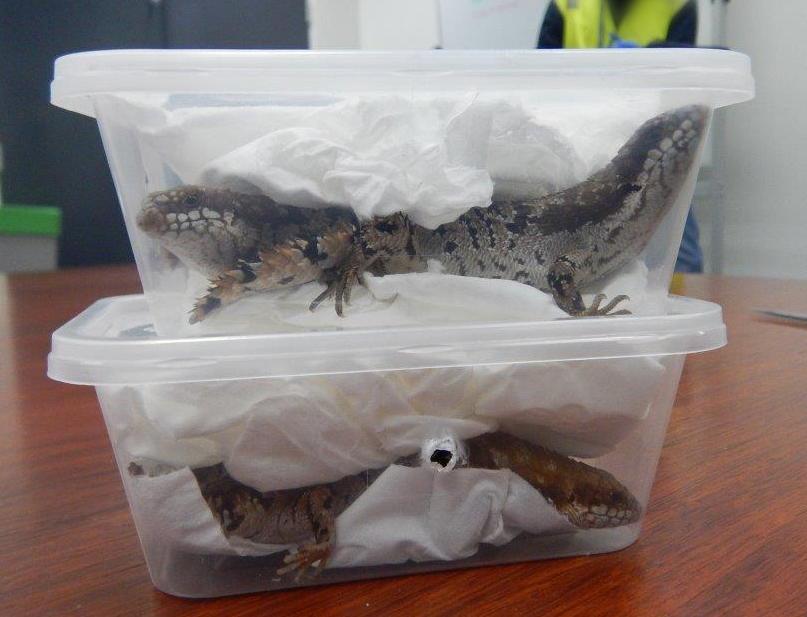Animals, plants, fungi, and their parts are being routinely traded on the dark web, mostly for use as drugs or medicine, with e-commerce marketplaces, private forums, and messaging apps making the process easier, according to new university research.
Australia has nearly 900 native reptile species, of which over 90 percent cannot be found anywhere else.




